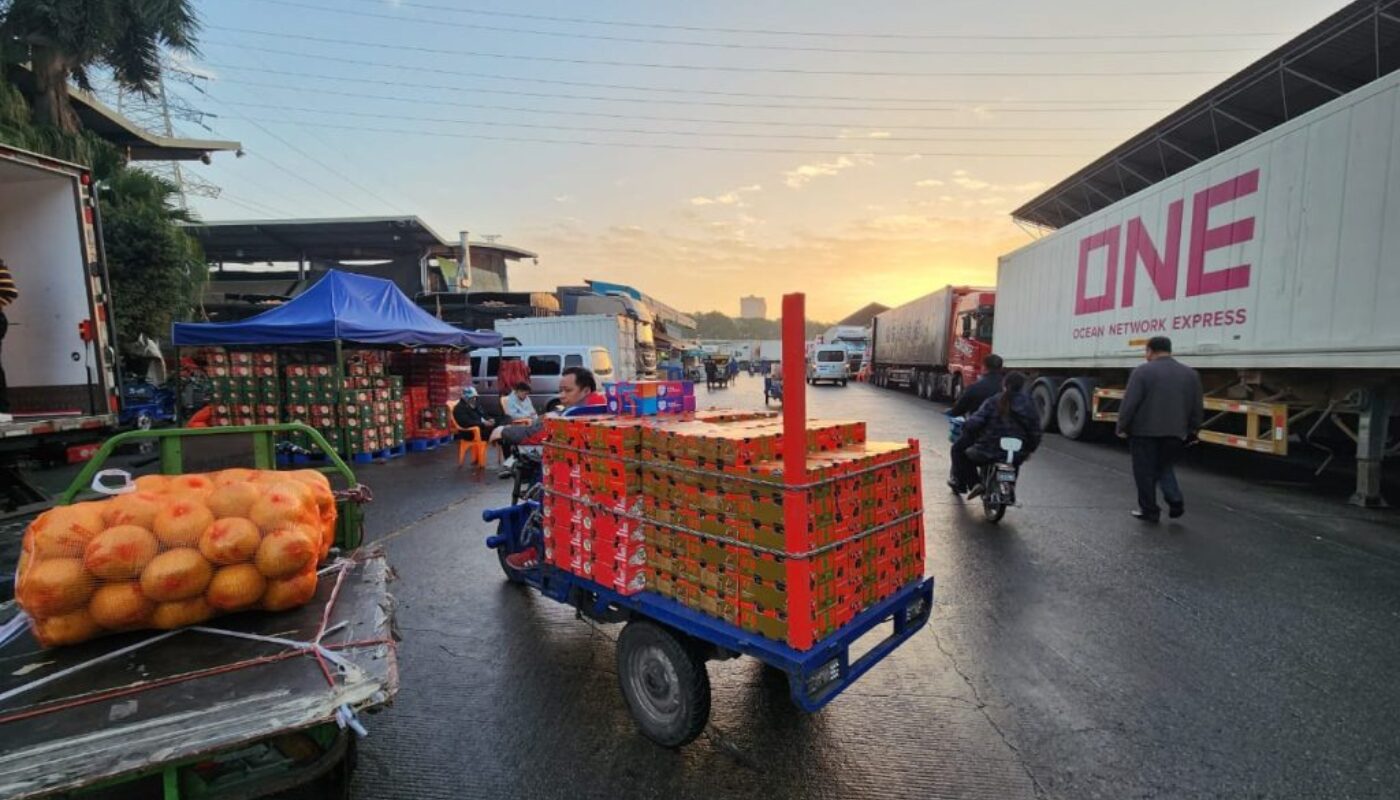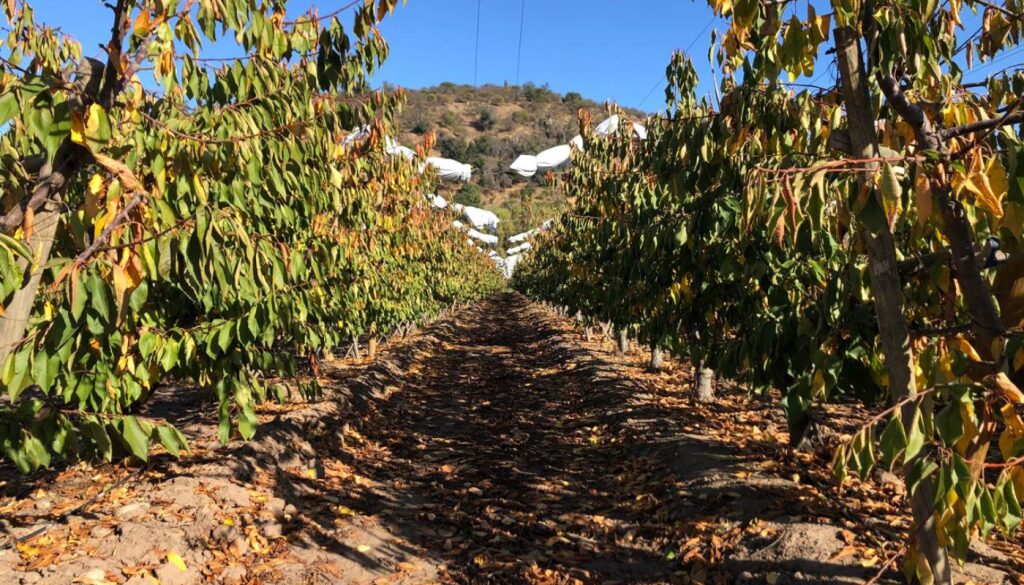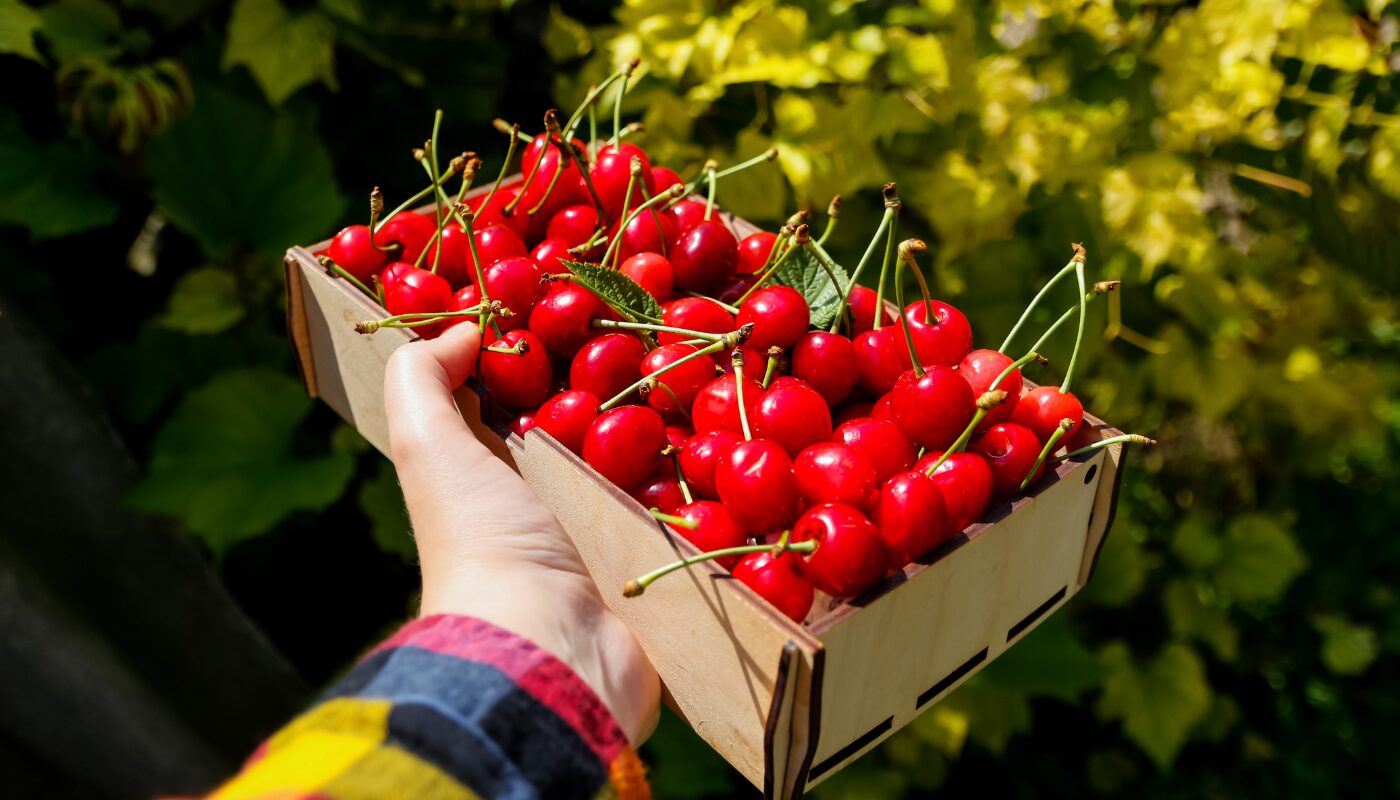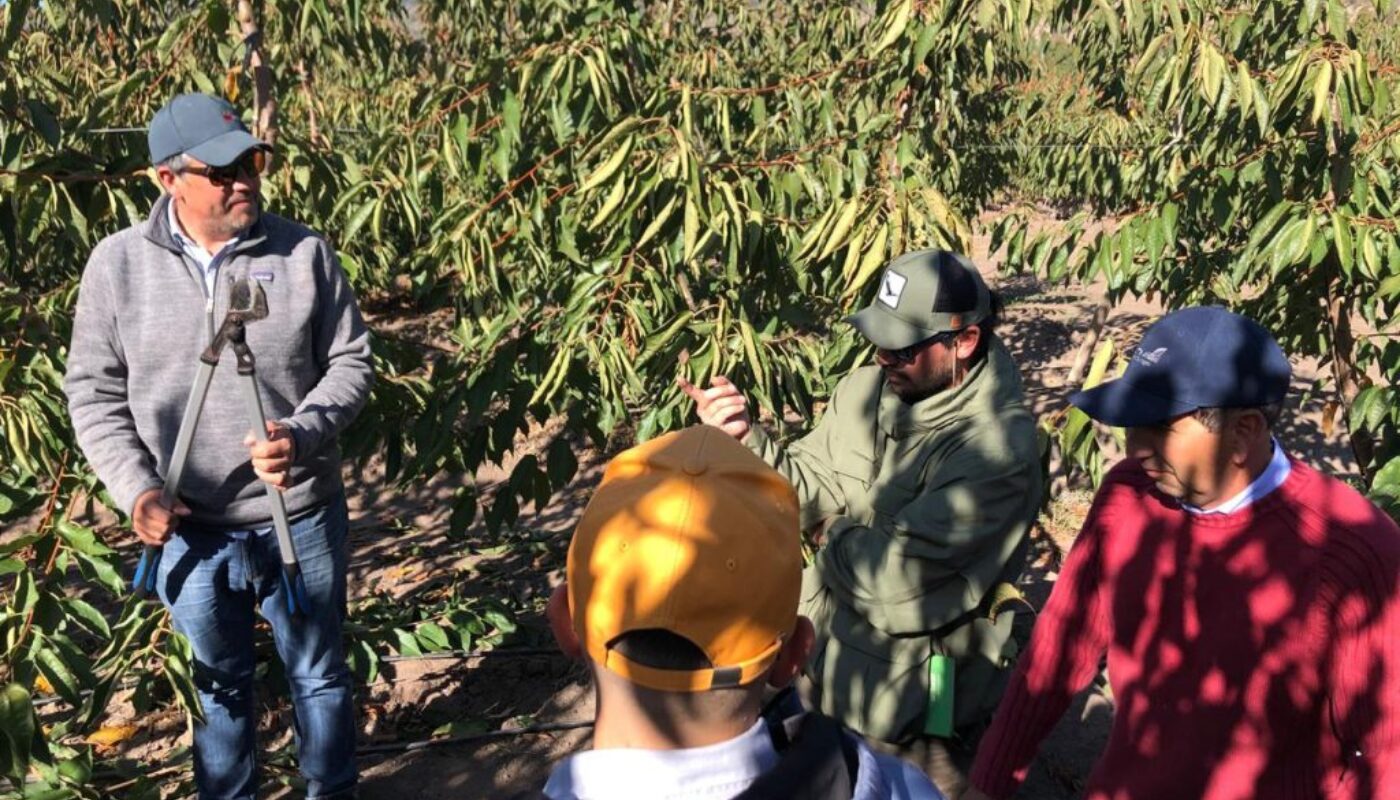“It was a magnificent year,” commented Isabel Quiroz, founder and director of iQonsulting, within the framework of the recent report “Rx for the season: Commercial balance to the 2023-2024 cherry campaign.” And how could it not be, after several challenging seasons, this one took an unexpected turn with returns to producers that hadn’t been seen in years.

“In the last 2023-2024 season, Chile exported 414,300 tons of cherries to the world, however, this world is quite reduced because 91 percent of them went to China; although everyone thought it would be less, or even initially higher exports from Chile, the changes were caused by the weather; we finally ended up with a season with the same volume as the previous season, it was only 0.01 percent higher than last season,” commented Isabel Quiroz.
Shipments of Chilean cherries to the Asian giant marked a new record, with 9 percent more fruit sent to China compared to last season.
“… that’s the big news, so all the behavior, all the analysis has to refer to China because that 9 percent is distributed in several other countries, therefore the volumes are still very small to be compared to the great market that is China,” added the founder of iQonsulting.
Returns
In the recently premiered episode, the general manager and founding partner of the exporter Blossom, referred to the returns of the season. The feeling of fruit scarcity, due to agroclimatic problems, generated an immediate response in the Chinese markets.

“That helped a lot to move all the air part, which always goes well, which is the fruit sold during November, but it also served the sales in December; when the fruit arrives by ship, I always say that the fruit sold on December 20 is fruit harvested on November 20, it’s about a month between harvest and sale; effectively, a sense of scarcity was generated in December that helped a lot in prices; prices for fruit packed in November were very good, much better than last year, and then afterwards during January normal prices, prices of 380-360 Yuan for Super Jumbo sizes, with returns of USD 4.5-5 to the producer,” detailed Alfonso Frías, general manager Blossom.
Returns were recorded well above those achieved in recent seasons; the demand was such that even before the Chinese New Year, the supply of Chilean cherries in the markets of the Asian giant ran out and they had to wait for the arrival of a new ship, days before the festivity, to restart the distribution and sales of this fruit species.
“And reaching the end of the season, approaching the Chinese New Year, very good Regina arrived, very good Lapins; it was fruit that came with no damage from rains, volumes started to rise, but obviously the increase in demand during the Chinese New Year helped all the fruit to be sold, 100 percent of the fruit was sold, at least from the central zone, before February 10, and with very good returns to the producer. This was a year like never before for the Regina variety,” Frías added.
To India in record time
Another significant aspect of the recent season was the arrival, for the first time, of a ship with Chilean cherries to India in less than 40 days; Claudia Soler, Executive Director of the Chilean Fruit Cherry Committee, announced this.
“There was a ship that arrived in India in 36 days, which is a milestone for our sector, and it arrived with very good quality fruit, so clearly, this gives an initial push to further development of this market, because one of the limitations this market had was a logistical issue, it was the transit days that were over 40 days, and with the work done by the committee and the sector as a whole, we managed to have ships that went directly to India with only one stop; in the case of this ship, it stopped in Nansha and then continued to India arriving in 36 days, so it is very positive,” concluded Claudia Soler.”
Episode sponsored by Anasac, Empack, Surlogística and Agrarian.










